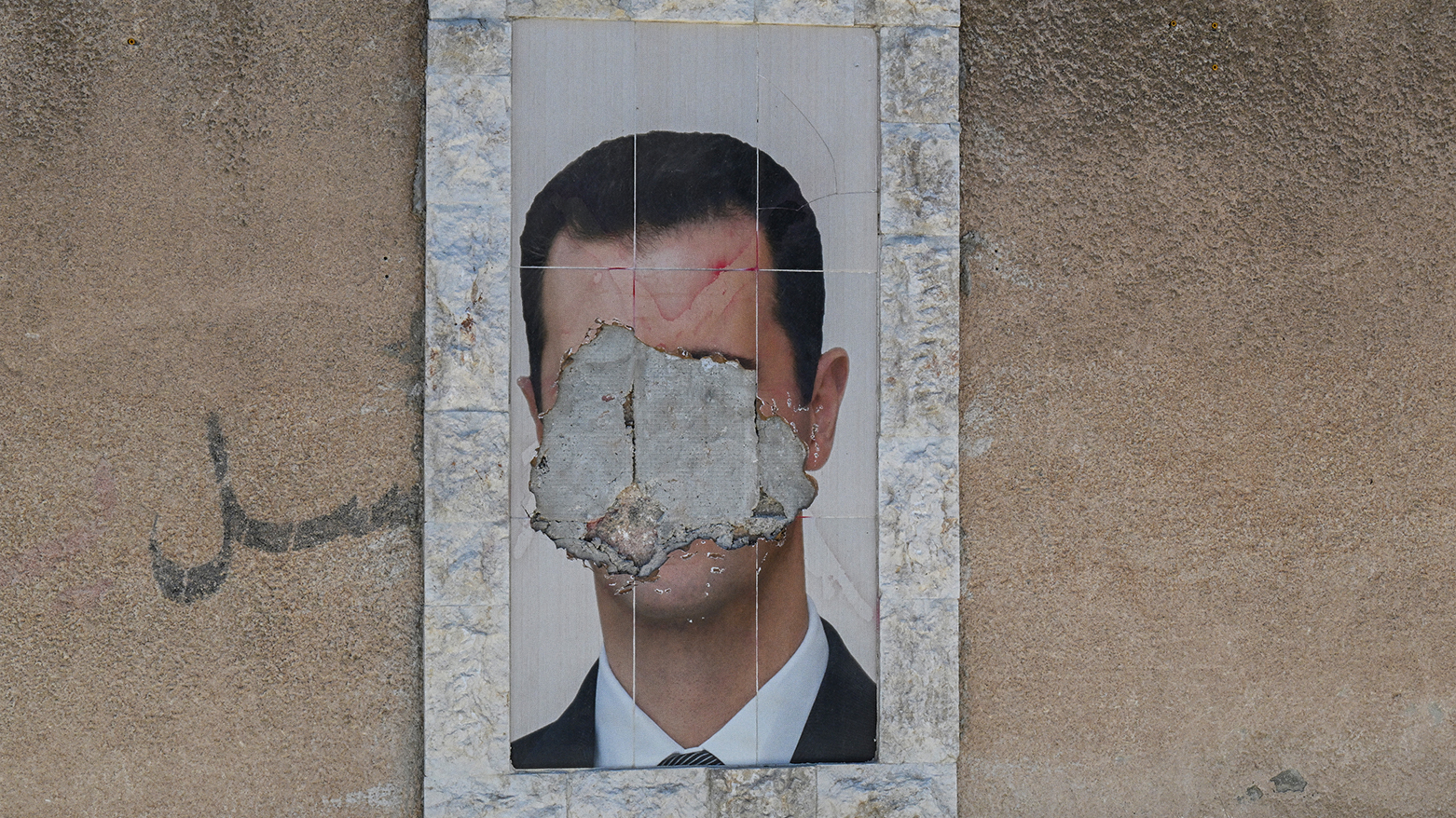France Info: Assad Living in Moscow Luxury Under Russian Watch
Six months after fleeing Syria, Bashar al-Assad is reportedly living in secluded luxury in Moscow, shielded by Russian authorities but under strict surveillance. As calls for justice grow, Assad remains silent, his presence a stark symbol of geopolitical refuge—and unresolved crimes.

By Kamaran Aziz
ERBIL (Kurdistan 24) – Six months after fleeing Syria following the fall of his regime, former President Bashar al-Assad is reportedly living in opulent exile in Moscow, sheltered from justice but under intense secrecy and likely surveillance by his Russian hosts.
According to an investigative report by France Info, Assad arrived in Russia on December 8, 2024, after being ousted by the Islamist rebel group Hayat Tahrir al-Sham (HTS). The report places him in the ultra-luxurious “City of Capitals” complex in Moscow's business district, though alternative sources point to the elite Rublyovka suburb, often referred to as “Russia’s Beverly Hills.”
Eyad Hamid, a researcher with the Syrian Legal Development Program, confirmed to France Info that the Assad family had been transferring assets to Russia for years.
Between March 2018 and September 2019, an airlift of approximately $250 million in small bills reportedly ferried funds from Damascus to Moscow.
A 2022 U.S. State Department report estimated the Assads’ total wealth at over $2 billion, accumulated through illicit activities such as arms trafficking, drug smuggling, and extortion.
Despite the fortune, Assad’s public profile has vanished.
Since a brief statement on December 16 denying he had fled during the final hours of Damascus' fall, the former president has made no known appearances. Fabrice Balanche, a French geographer and Syria expert, told France Info that Assad is almost certainly under strict Russian supervision. “He is both protected and monitored by Russian security services,” Balanche said, noting that even his movements are likely restricted due to the area's vulnerability to Ukrainian drone strikes.
Meanwhile, Assad’s eldest son, Hafez, has been seen in Moscow. In February, he posted a video near the Kremlin and a photo outside Lomonosov Moscow State University, where he had recently defended a mathematics thesis. No public statements have been issued by the family since.
Inside Syria, Assad’s absence has been followed by symbolic acts of rejection. His presidential palace was reportedly looted, and his father Hafez al-Assad’s tomb in Qardaha vandalized. President Ahmed al-Charaa, leading the new Syrian administration, has formally requested Assad’s extradition, most recently in March, according to France Info. Thus far, the Kremlin has not responded.
The Russian government has also remained silent about its controversial guest. While President Vladimir Putin had promised in December to meet Assad “certainly,” no official meeting has been disclosed.
Analysts suggest Assad’s presence in Moscow may serve more as a geopolitical signal than a gesture of goodwill. “Putin hates losers,” said Balanche. “But better to have Assad in Moscow than dangling from a rope in Damascus. It sends a message to other allied leaders: Russia offers refuge—at a cost.”
Calls for justice, however, persist. Syrian activists and rights groups, including the Syrian Network for Human Rights (SNHR), continue to document war crimes and press for Assad’s prosecution.
“Justice will one day be served,” one activist told France Info, vowing that Assad will eventually face trial for the deaths, torture, and disappearances of hundreds of thousands during his rule.
As Bashar al-Assad prepares to mark his 60th birthday on September 11, his future remains uncertain—free in Moscow for now, but pursued by the demands of history and international law.
